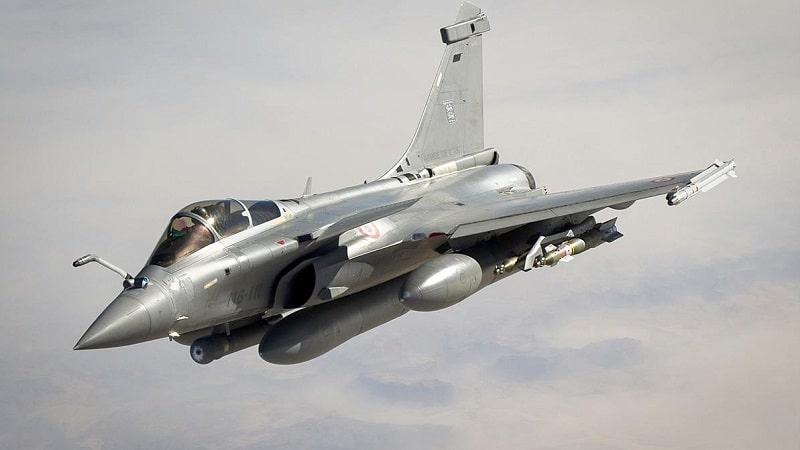Alice Lebugle, our consultant specialising in aeronautics, defence and security, gives us her thoughts of Serbia’s purchase of 12 Rafales.
Serbia becomes the 7th foreign country and the 3rd European country after Greece in 2020 and Croatia in 2021 to acquire Rafale fighter jets.
“The contract signed between France and Serbia in August 2024 for the sale of 12 Rafale jets is generating a lot of buzz.
The press reports that Serbia’s position towards Russia could allow the Russians to freely copy French technologies, thus not only replicating French know-how but also gaining insight into France’s capabilities in this area.
Beyond the economic interest of this transaction for France, which, as a reminder, sold these Rafale jets for 2.7 billion euros, this sale also serves to reaffirm France’s and its defense industry’s position in the global geopolitical system and, more locally, in the Balkans, following the sale of fighter jets to Greece and Croatia. While some are concerned about Serbia’s position, as it drifts further away from the European Union (Serbia has been an official candidate for EU membership since 2012 but is increasingly distancing itself from it) in favor of Vladimir Putin, why couldn’t this sale, on the contrary, tip the balance in favor of Europe?
The delivery of the aircraft, scheduled to start in 2029, will be accompanied by extensive on-site training provided by major French industrial and military players. In this context, why not consider that this essential training, conducted in close proximity to the Serbian armed forces, could also establish a form of French soft power?
However, the question that arises from collective concerns is the following: what would be the consequences if the Rafale’s technology were to end up in Russian hands?
While this question sparks lively debates, it might be useful to think that French manufacturers and the French Defense Procurement Agency have certainly considered the answer.”
